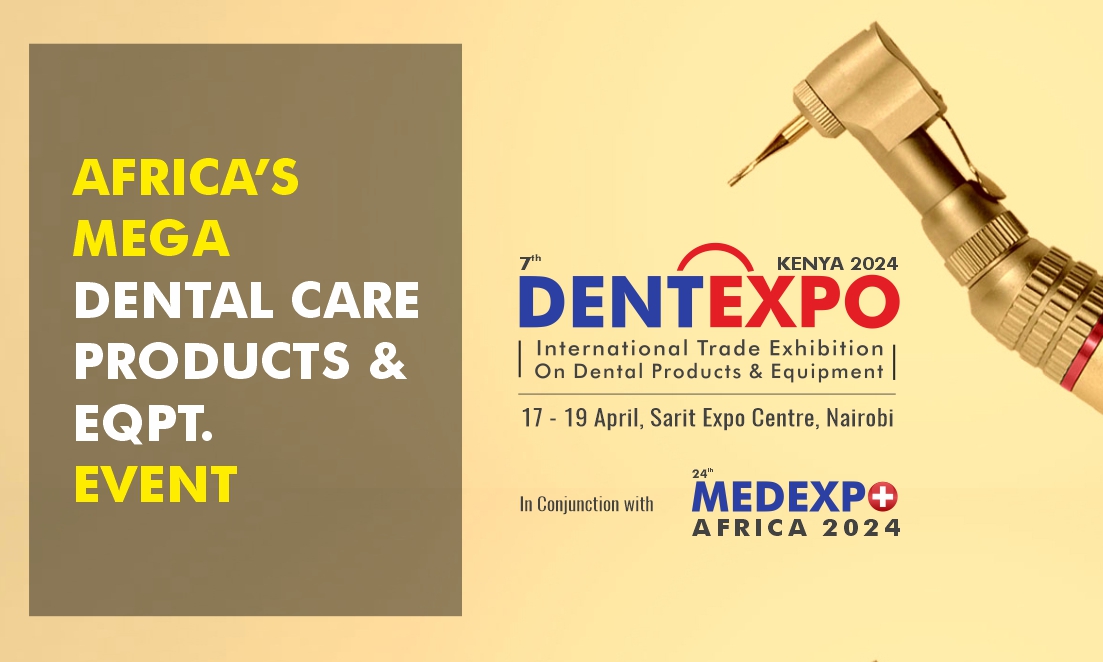

Scientists develop new mosquito trapping for tropical Africa
Posted on :Friday , 12th August 2016
Kenyan and Dutch scientists have developed a mosquito trap, which uses "human odour" to attract the malaria-carrying insects.
The researchers from the Nairobi-based International Centre of Insect Physiology and Ecology (ICIPE) said the new Solar-Powered Mosquito Trapping system is baited with a synthetic odour blend that mimics human odour.
The research was conducted between 2012 and 2015 in a project known as SolarMal, with more than 4,200 households on Rusinga Island in Western Kenya.
"This solar powered mosquito trapping system has led to a 70 percent decline in the populations of Anopheles mosquitoes, the most significant malaria-transmitting species in the area," Daniel Masiga, SolarMal lead researcher said on Thursday.
Masiga said in a statement issued in Nairobi that the households using the technology have recorded malaria infection rates that are 30 percent lower than those not using it.
Malaria control in Africa largely depends on the use of long lasting insecticide treated nets (LLINs), and disease management using approved drugs.
However, mosquito vectors are increasingly becoming resistant to insecticides, and also adapting to feeding outside, which reduces the effectiveness of nets.
"New and complementary approaches are urgently needed, if efforts to eliminate malaria by 2030 are to succeed," Masiga added.
He said that the goal of SolarMal is to reduce the number of mosquitoes to a level where malaria transmission becomes insignificant.
"Ultimately we want to contribute towards total eradication of malaria in an environmentally-friendly and sustainable manner," said Prof. Willem Takken of Wageningen University, Netherlands, ICIPE's partner in the project.
Because the trapping system is solar based, it has become a source of green energy for the Rusinga Island community, leading to a reduction in the negative impacts of kerosene use, such as upper respiratory tract infections, and kerosene related accidents.
Jane Okong'o, Chair of Rusinga Island Community Advisory Board, said that the project has contributed to immense reduction of malaria cases in the region.
She commended the partnership, adding that it has helped the community members identify how to fight the mosquitoes that are a menace in the area.
Please Select an Option

Expogroup
Expogroup is a full service exhibition organiser with over 28 years experience in International trade exhibitions. Our current portfolio includes 28 annual exhibitions from a diverse range of industries being held across the Middle East & Africa.
EXPOGROUP © 1996 - 2025 | Privacy policy

